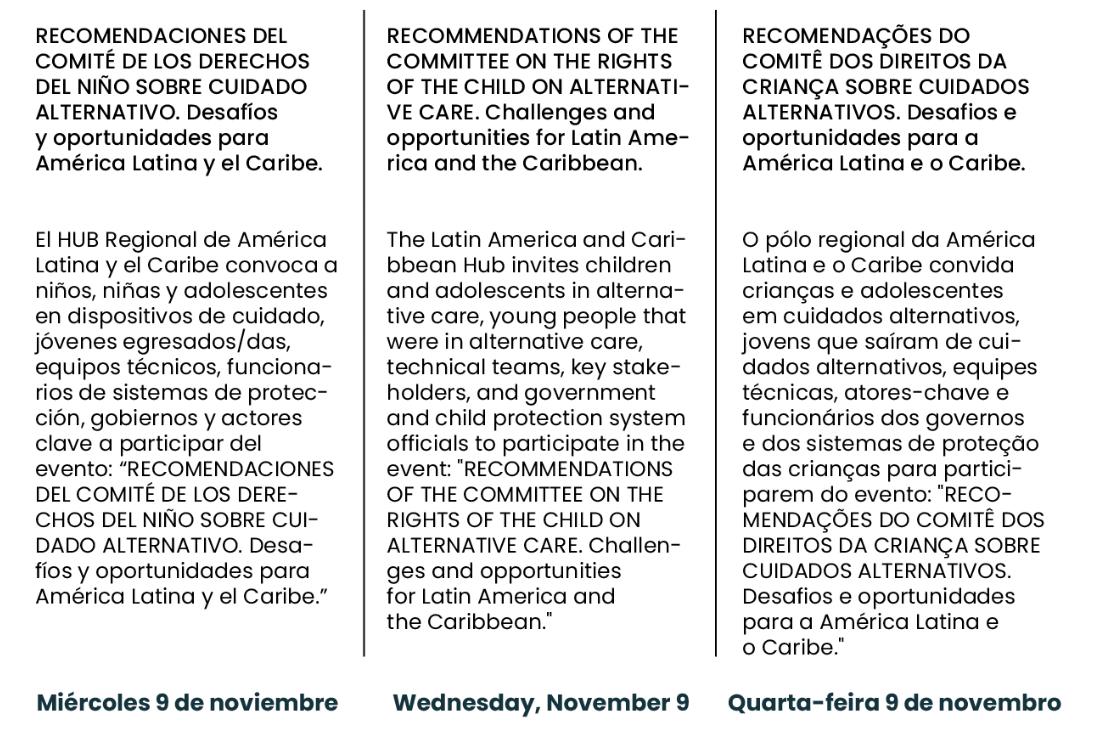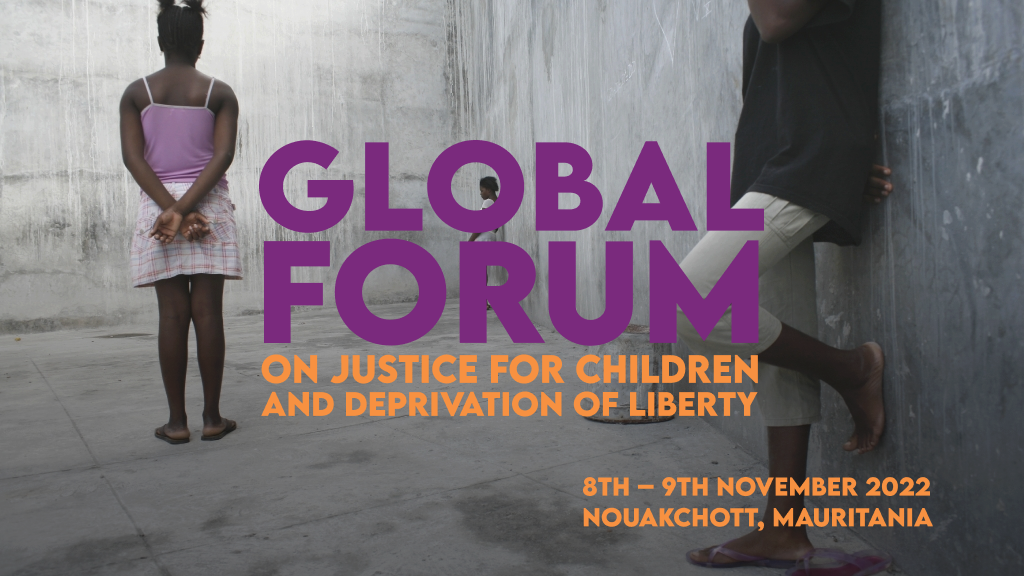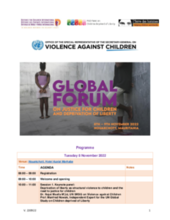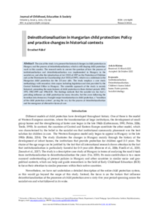Displaying 1391 - 1400 of 14555
SIRCC Online: 9 - 10 November 2022
Our aim for SIRCC is to provide an inspiring space for you. It’s a place to connect, share and learn practice, challenge and inspire.
PASCUA YAQUI INDIAN RESERVATION, Ariz. — Victor Cortez was just 5 months old when he was brought here from California by a tribal social worker, who placed the baby in the care of a relative after his mother was jailed for drug trafficking. Today, 16 and soft-spoken, Victor is a rising star among the Pascua Yaquis’ traditional dancers and is still living with that guardian, the only mother he’s ever known.
The social service workforce plays an important role within social protection systems by connecting children, individuals, and families with a range of social services across sectors. Despite the increasing challenge of poverty and vulnerability exacerbated by the COVID-19 pandemic, conflict and climate change, as well as the increasing recognition of the role of social service workers, investments in strengthening the workforce remain low across most countries. This presentation aims to clarify the role of the social service workforce in the social protection system. It also outlines key considerations for strengthening the social service workforce in their integral role in delivering effective and efficient social protection programmes and services.
This global webinar addressed the need to give greater priority to adolescent mental health, globally, and particularly in low- and middle- income countries. Experts from RTI International, Plan International, Johns Hopkins University, and AstraZeneca share research findings and present new analysis of global data with the aim of motivating and guiding action to improve adolescent mental health.
Join the Olympic Refuge Foundation and MHPSS.net for the launch of a database of good practices from over 130 tools and resources, with a panel of experts from the fields of sport, youth development and MHPSS.
Autistic children's experiences of COVID-19 have been largely absent from current crisis and recovery discourse. This is the first published study to directly and specifically involve autistic children both as research advisors and as research participants in a rights-based participatory study relating to the pandemic.
The aim of the study is to present the historical changes in child protection in Hungary and the process of deinstitutionalisation.
This article examines the practice of customary child fostering in Nigeria and the state of parental rights in such a situation. The significance of the practice and its impact in mostly Nigerian traditional communities raises the question of its regulation in order to safeguard children's rights as well as parental rights.






